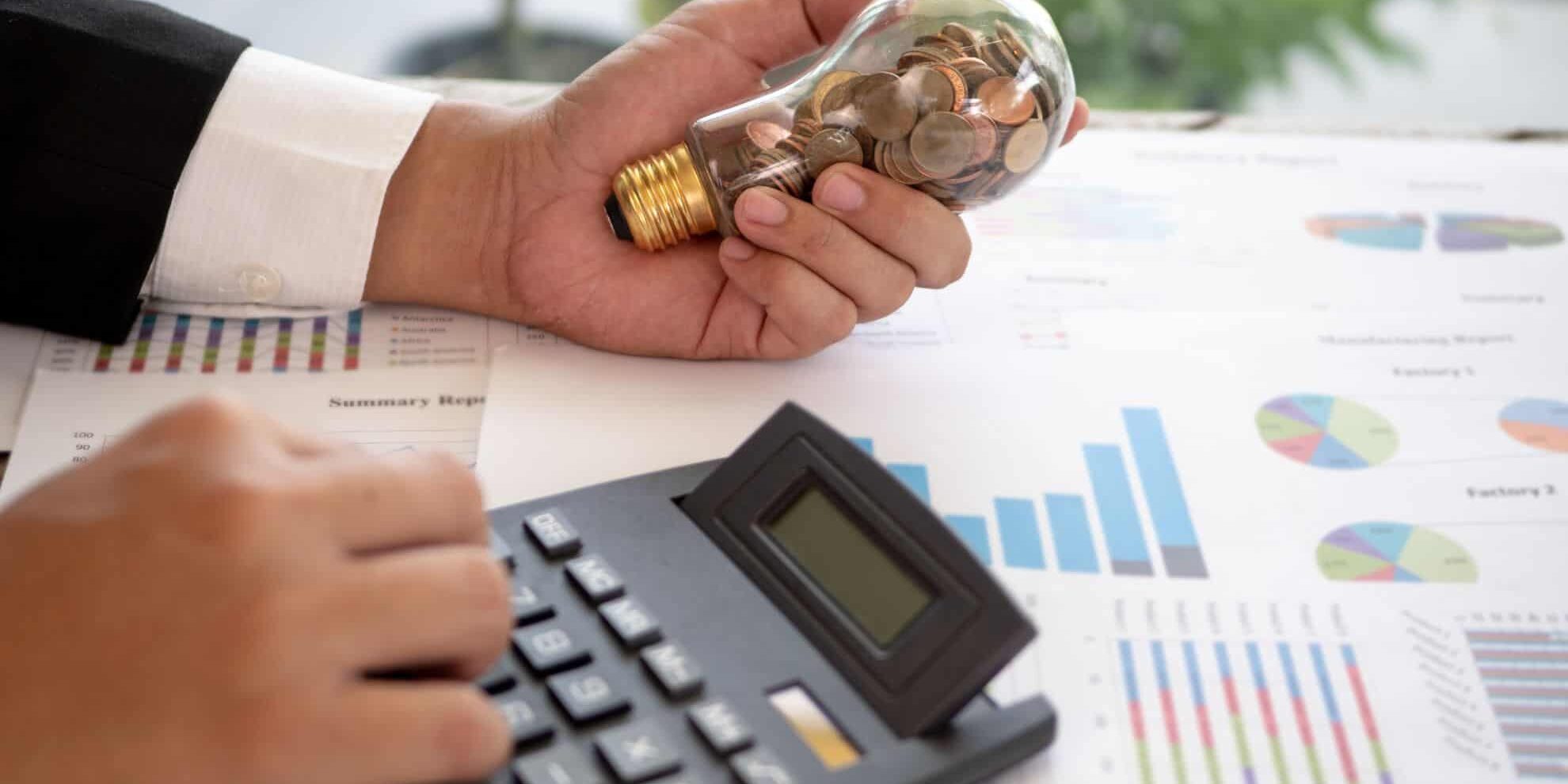Electricity is the new game-changer, replacing traditional fossil fuels like gas. A fresh, time-limited incentive is pushing businesses toward enhanced energy efficiency. We’ll guide you on how to maximise your deductions!
The small business energy incentive introduces a novel measure to grant a tax bonus to encourage small and medium-sized businesses to adopt more energy-efficient practices, emphasizing electrification while phasing out fossil fuels and gas.
Pending legislation in Parliament will grant SMEs with a combined turnover of under $50 million the opportunity to claim a 20% tax deduction on up to $100,000 of expenses aimed at improving energy efficiency within their operations. However, it’s essential to note that this tax deduction has an expiration date. Assuming the legislation gets parliamentary approval, businesses have until June 30, 2024, to invest in new assets or upgrade existing ones.
How Much Can You Benefit?
Your business can invest up to $100,000 in total, with a maximum bonus tax deduction capped at $20,000 per business entity. The energy incentive does not offer a cash refund; instead, it reduces your taxable income or increases the tax loss for the 2024 income year.
Qualification Criteria
The energy incentive applies to both new assets and expenses for upgrading existing ones. There is no specific list of qualifying assets; instead, a set of eligibility criteria must be met.
For businesses acquiring new depreciable assets, they must be first used or installed for any purpose, including a taxable purpose, between July 1, 2023, and June 30, 2024. When improving an existing asset, the expenditure must occur during the same timeframe.
Additional conditions for new depreciating assets include:
- The asset must utilise electricity.
- A reasonably comparable asset using fossil fuel is available in the market.
- It is more energy-efficient than the asset it replaces.
- If not a replacement, it is more energy-efficient than a new, reasonably comparable asset in the market.
- It is an energy storage, time-shifting, or monitoring asset, or an asset that enhances the energy efficiency of another asset.
For improvements to existing assets, expenditure must meet at least one of the following conditions:
- It enables the asset to use electricity or energy generated from a renewable source instead of fossil fuel.
- It enhances the asset’s energy efficiency, provided the asset solely uses electricity or energy generated from a renewable source.
- It facilitates the storage, time-shifting, or usage monitoring of electricity or renewable energy.
What Doesn’t Qualify?
Certain types of assets and improvements do not qualify for the bonus deduction, particularly those that still rely on fossil fuels. Hybrids, solar panels, and motor vehicles are also excluded. Additionally, the following assets are explicitly excluded:
- Assets and expenditure on assets that can use fossil fuel.
- Assets and expenditure on assets predominantly designed to generate electricity (e.g., solar photovoltaic panels).
- Capital works (e.g., buildings and structural improvements).
- Motor vehicles (including hybrid and electric vehicles) and expenditure on them.
- Assets and expenditure on an asset where the expenditure is allocated to a software development pool.
- Financing costs, including interest, payments resembling interest, and borrowing expenses.
What Qualifies?
The legislation provides several examples of qualifying improvements, such as:
- Electrifying heating and cooling systems.
- Upgrading to more efficient appliances like fridges and induction cooktops (replacing gas cooktops).
- Installing batteries and heat pumps.
- Substituting a gas heater with an electric reverse cycle air conditioner.
- Replacing a less energy-efficient coffee machine with a more efficient one, supported by the manufacturer’s electricity consumption data—be sure to keep the documentation.
- Employing thermal storage systems capable of storing heat or cold generated from a renewable source.
- Installing a solar thermal hot water system, provided it meets the other criteria.
- This incentive presents a valuable opportunity to invest in energy efficiency and electrification, reducing your energy costs and environmental footprint while also benefiting from significant tax deductions.
The legislation to implement the energy incentive is before Parliament. We’ll keep you updated on its progress. If you intend to make a major outlay to take advantage of the bonus deduction, talk to us first just to make sure it qualifies.

